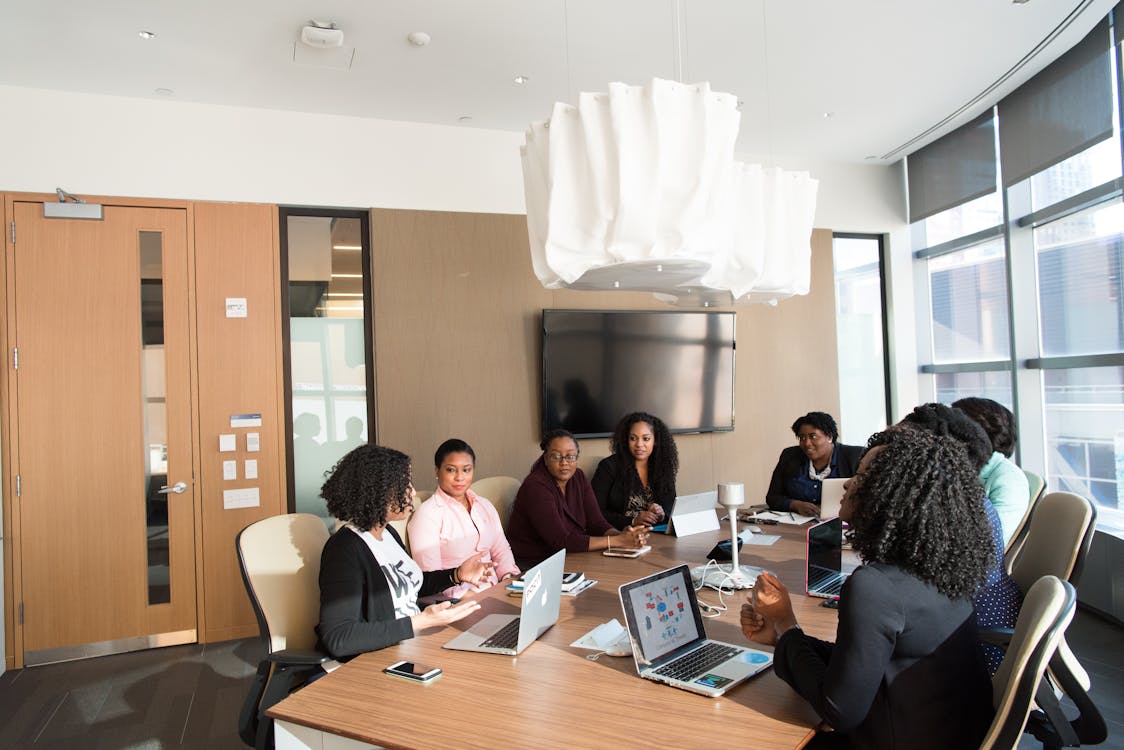
"Welcome everyone," intones the Lama, who sits cross-legged while facing his students and guiding their meditation from the front of the hall. "You might want to remind yourself of your intention for being here. You're here to cultivate enlightenment, calmness and insight."
Intention is defined as a determination to act in a certain way toward a thing intended, such as an aim or plan. It is derived from the Latin word, intentio, meaning: stretching or purpose.
Intentional Change Theory is the methodology that organizational psychologist Dr. Richard Boyatzis presents in his book Resonant Leadership. He outlines the same theory in his class at Case Western Reserve University, Ohio, on Transformative Leadership through Emotional Intelligence available online through Coursera.com
Boyatzis sums up his lifelong study of leadership in these words: "There is no nobler goal than to lead people to excellence, fulfillment and collective achievement... We need people who can see beyond today, spark hope instead of despair, and draw others into an intentional journey of transformation."
According to Boyatzis, the ability to motivate people toward improving their lives is one of the most critical faculties to learn and understand. In his classes and books, he answers the questions about how people can improve their capacity for resonant leadership and how they might stay effective while facing daily challenges.
Integrating key ideas with research and case histories, Boyatzis leads us in powerful exercises designed to help us develop a personal vision for our life and work.
We learn that resonant leaders manage their stress through mindfulness, hope, compassion and renewal. Then we write essays designed to generate those same emotions within ourselves.
Focusing on our strengths, values and sense of purpose, the writing exercises fuel our desire to be a better person. This leads us into a personal vision which reveals our ideal self and desired future.
Looking at who we are now, we ask friends about times they remember us at our strongest and best. We examine the strengths we possess that support our desired future and consider the roles we play that have meaning for us. We note relevant insights based on our past experience. And finally, we ask what we need to do to bridge the gap between where we are now and where we want to be.
Devising a plan for intentional change culminates the training. Because we are set in our ways, we need to make a conscious effort to change. Our plan for change will focus our time and energy on making our dreams come true.
To reach our dreams we must know them and Boyatzis helps us open the door to this discovery. In the words of the Rinpoche, "You might want to remind yourself of your intention for being here... "
http://ezinearticles.com/?Intentional-Change-Theory-and-Beyond&id=9818325

No comments:
Post a Comment